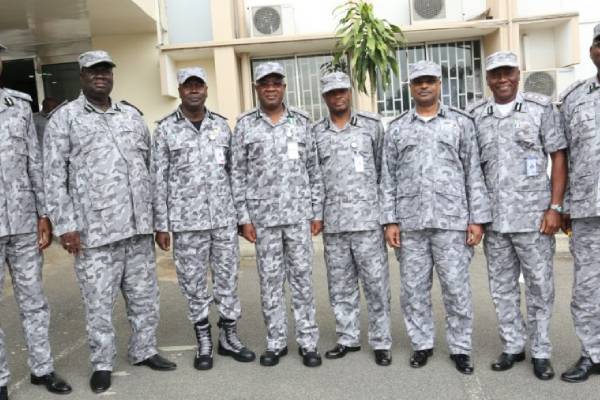The projects Development Institute says adequate harnessing of the country’s local resources and adding value to them is critical to stopping importation.
The agency says its collaborative efforts with relevant agencies is titled towards economic growth and development and now wants greater synergy between stakeholders for even greater impact.
Nigeria has over the years grappled with a trade balance titled towards import than exports , with the country having to import many finished goods , which it has the natural endowments to produce.
The country’s projects Development Institute is not happy about the situation as it believes with the rigjt commitment and political will the country could be a major producer and even exporter of many commodities it imports.
The agency says already, its various collaborations with other agencies have led to the training of local potters in Niger State in modern ceramic production techniques , as well as the design and production of a soya bean flour processing, and plantain flour processing flow lines.
It has also brought about the design and production of pencils for the education sector this is alongside a pin-and-shackle electrical porcelain insulator relevant to the energy sector which is ready for commercialisation.
The institute, says it has also been engaged in several demand-driven research over the last 40 years leading to innovative breakthroughs in diverse sectors of the economy.
Its foundry has also been equipped to service and produce major types of motor spare parts of high quality.
Though the institute remains positive that these efforts have impacted the economy positively, it is being advised by the science and technology authorities to sensitise the public on its efforts and seek partnerships with relevant organisations for commercialisation purposes.
Funding is a major challenge for research and development in the country and the agency seeks more support for such innovations by way of incentives to researchers.
The projects Development agency which is one of the country’s leading research institutes pledges commitment to actualizing its mandate which has already brought about the creation of various research and development innovations geared towards economic diversification.
CUSTOMS ADMINISTRATORS CONVERGE FOR MEETING IN NIGERIA FOR WAY FORWARD
Customs administrations from over 40 countries have converged on Nigeria to discuss the role of their administrations in fragile and conflict-affected situations.
This is with a view to seeing how the World Customs Organization can support its members in shapening their strategies in response to complex environments.
A world Customs organisation conference, which also has in attendance, representatives of United Nations agencies and the donor community.
Talks at the meeting include similarities across regions on fragile borders, the role of borders as symbolic and economic resources for communities, smuggling in social activities, connections between smuggling and mining activities, as well as the informal taxation levied by non-state armed groups.
The objective of the meeting is to transform the outcomes of the world Customs Organization’s field research initiated in 2016 in more than 14 countries into a practical action plan for all Members impacted by fragility and conflict.
The focus here includes refining the analysis for driving an Action Plan on Fragile Borders that should guide the future activities of the world Customs Organization.
The customs administrators share challenges and strategies they have adopted in adapting to times of war or when under threat by terrorist groups and criminal gangs.
The Conference also provided an opportunity for Customs administrations affected by fragility and conflicts to exchange ideas on technical arrangements, equipment and methods to be adopted in specific situations..
This also included institutional arrangements and inter-agency cooperation schemes such as the establishment of multi-agency information and intelligence teams, cooperation with the armed services to secure Customs patrols, the adaptation of taxation to special circumstances amongst others.




